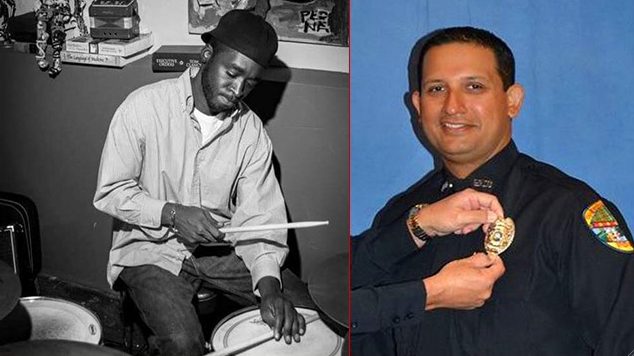Dr. Ben Carson rocked the presidential campaign TV circus by suggesting the victims of the Roseburg, Oregon, shooting were too passive in responding to the lunatic gunman who shot and killed his writing professor and eight classmates. Carson received derision from the left and from liberals like Chris Matthews; on the right, he was defended by Bill O’Reilly and others.
This came in the midst of a growing national political struggle between a Black Lives Matter movement and a Blue Lives Matter movement. Given this struggle and the fact Carson is African American, his comments on passivity in the face of outrage and violence raises some interesting questions.

Does Carson have a point concerning citizen passivity in the Oregon shooting? Does our addiction to infotainment media and fantasy encourage passivity among American citizens in the real world? Have we as a people become too soft and too reliant on the police, their SWAT teams and all their military equipment and tactics? In Amsterdam, a port city where marijuana and prostitution are legal and where there’s a long history of dealing with exotic temptations, a Dutch psychiatrist once told me that the Dutch mother teaches her child that he or she has an interior locus of control to engage with all the temptation. In this light, do Americans more and more rely on the various exterior loci of control, like police, courts and prison? In the post-911 climate of demagogic fear we live in, have ordinary citizens handed over too much power and authority to what has become deceptively known as “first responders”?
What exactly does the term first responder mean? The men on United Flight 93 over Pennsylvania who shared glances and signals and said “Let’s roll!” were not cops or military. They were the real first responders, citizens who chose to respond instead of sitting passively in their seats accepting their fates. The same for the three Americans on the French train; they chose to take a risk and to act. (Note: Michel Chossudovsky claims the United 93 incident never happened, since what we supposedly know of the “Let’s roll!” story hinged on cellphone contact with the plane in the air, and such connections were spotty in 2001. He argues it was a propaganda narrative to inspire the War On Terror.)








